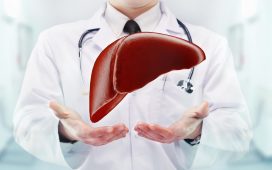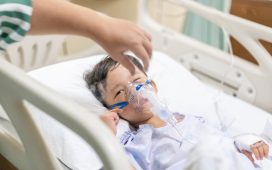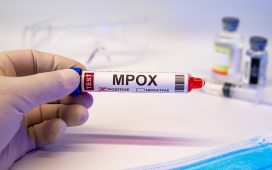Best diagnostics and evidence-based treatments should be used from the start of the disease
WEDNESDAY, April 4, 2018 (HealthDay News) — Early-life epilepsy should be treated with the same urgency as pediatric cancer, according to an article published online April 4 in Neurology.
Anne T. Berg, Ph.D., and Stewart Goldman, M.D., from the Ann & Robert H. Lurie Children’s Hospital of Chicago, discuss the quantity and quality of evidence needed to guide the evaluation and treatment to optimize outcomes of children with epilepsies. The incidence of epilepsy in the first two years of life is about 80 per 100,000 per year; early-life epilepsies are often difficult to treat and complex, and are associated with lasting consequences and high risk for early mortality.
In contrast to the evidence-rich practices of the Children’s Oncology Group, which has developed protocols identified through rigorous, multicenter research studies, advances in diagnostic and therapeutics for early-life epilepsies have been implemented haphazardly with no systematic effort to understand their impact and value. Noting that overall mortality for childhood cancers has decreased from about 90 percent in the 1950s to about 20 percent today, the authors offer suggestions for moving early-life epilepsy onto a fast track for success. These include treating early-life epilepsy with the same urgency as pediatric cancer. From the beginning, the best diagnostics and evidence-based treatments should be used in a systematic fashion.
“Epilepsies in infants and young children should be treated with the urgency that we see in pediatric oncology,” Berg said in a statement. “Right away these children should receive a comprehensive evaluation that includes thorough genetic testing, so that we can match treatment to the precise cause of their epilepsy in order to achieve optimal outcomes. This is the age of precision medicine and we have the tools to make a profound difference for these young patients.”
Copyright © 2018 HealthDay. All rights reserved.








